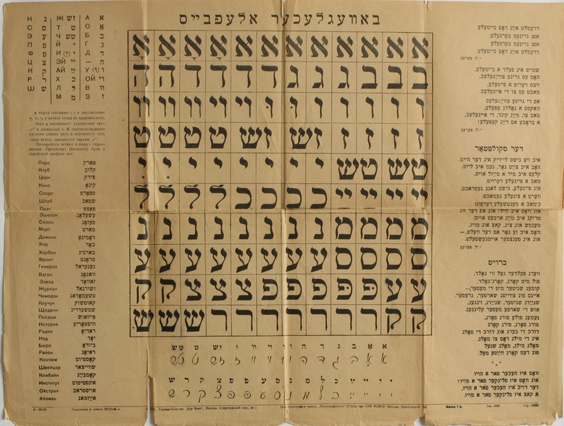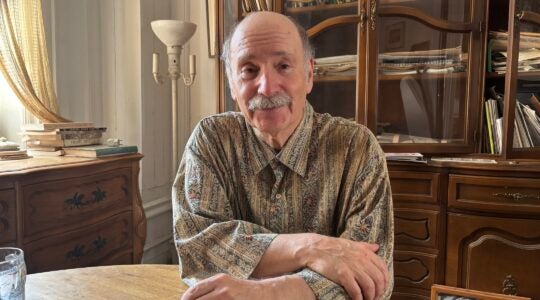
What do Jews speak? The answer isn’t exactly simple. And how could it be, when Yiddish, Aramaic, ancient and modern Hebrew, Ladino, and Arabic all play into the mix?
Which is exactly why the Jewish English Lexicon feels so necessary. The JEL, a collaborative repository of the distinctively Jewy words used by English-speaking Jews, helps organize our slippery, ever-growing lingua franca. “Think of it as the Wikipedia or Urban Dictionary of Jewish language,” states the welcome.
The philosophy behind the JEL is that the words that English-speaking Jews use indicate not only that they’re Jews, but what kind of Jew they are, too. For instance, an English speaker who uses the word avodah, meaning “work,” has a higher likelihood of having attended a Jewish summer camp; whereas one who uses the phrase ba’al tshuvah to refer to a secular Jew who became religious is most likely Orthodox.
A visitor can peruse at random, or narrow their search by language of origin, regions in which the word is most used, types of people who tend to use the word, and dictionaries in which the word appears.
It’s all quite helpful if you want to know more about, say, bageling.
___
» Visit the Jewish English Lexicon
» Speak Haketia, the Jewish Moroccan language you’ve probably never heard of
» Contribute to the Lexicon
» Learn all about the variety of Jewish languages
JTA has documented Jewish history in real-time for over a century. Keep our journalism strong by joining us in supporting independent, award-winning reporting.





